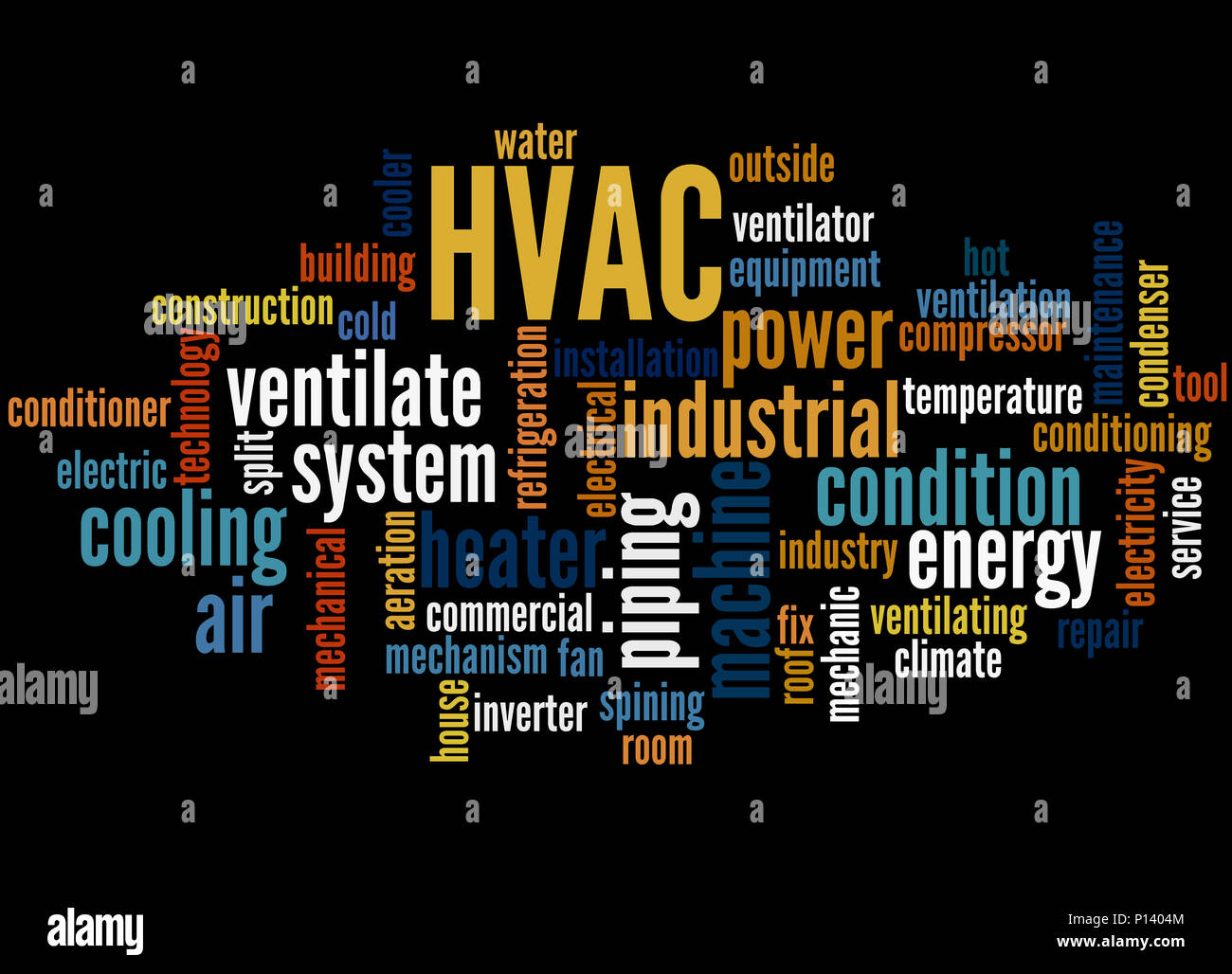Climate Control Chronicles: Mastering Your Indoor Comfort Year-Round
Climate Control Chronicles: Mastering Your Indoor Comfort Year-Round
Blog Article

When it comes to creating a comfortable living environment, heating and air conditioning play a pivotal role. The ability to control the temperature inside our homes not only enhances our comfort but also significantly impacts our overall well-being. As the seasons change, the reliance on effective heating and air conditioning systems becomes more apparent, highlighting the need for both knowledge and maintenance to ensure optimal performance year-round.
Navigating the world of climate control can seem daunting, but understanding the basics of heating and air conditioning can empower homeowners to make informed decisions. Whether it is the cozy warmth of a well-regulated furnace during the chilly winter months or the refreshing coolness provided by an air conditioning unit in the heat of summer, mastering these systems is essential for anyone looking to elevate their indoor comfort. This guide will explore the various aspects of heating and air conditioning, offering insights into how they work, tips for maintenance, and advice on selecting the right systems for your space.
Understanding HVAC Systems
HVAC systems, which encompass heating, ventilation, and air conditioning, play a crucial role in maintaining a comfortable indoor environment. These systems are designed to regulate temperature and air quality, ensuring that homes and buildings remain livable throughout various weather conditions. The heating component is responsible for warming indoor spaces during colder months, while the air conditioning section cools the air during the warmer seasons. Together, they create a balanced climate that enhances comfort and well-being.
The key components of HVAC systems include a furnace or boiler for heating, an air conditioning unit for cooling, and a ventilation system that helps circulate air. Each component works in concert to deliver the desired indoor climate. For instance, a furnace generates heat, which is then dispersed throughout the space via ductwork or radiators. In contrast, air conditioning units extract heat from indoor air, thus cooling the environment. Effective ventilation ensures that fresh air circulates within a building, improving air quality and removing indoor pollutants.
When selecting an HVAC system, several factors should be considered, such as the size of the space, climate variability, and energy efficiency. Proper sizing of the system is critical; an oversized unit can lead to inefficient operation, while an undersized unit may struggle to maintain comfort levels. Additionally, choosing energy-efficient models can significantly reduce utility bills and environmental impact over time. Understanding the nuances of HVAC systems empowers homeowners to make informed decisions that enhance comfort and efficiency year-round.
Energy Efficiency Tips
To optimize your heating and air conditioning systems, consider scheduling regular maintenance. This ensures that your units are running efficiently and helps to identify any issues before they escalate. Cleaning or replacing filters every month can significantly improve air quality and system performance. A well-maintained system uses less energy, ultimately reducing your utility bills.
Another effective strategy is to invest in a programmable thermostat. This device allows you to set temperatures according to your daily routine, ensuring that your home is heated or cooled only when needed. By adjusting the temperature when you are away or asleep, you can save a substantial amount on energy costs without sacrificing comfort. Many modern thermostats can also connect to your smart device, allowing you to control your home’s climate from anywhere.
Finally, consider enhancing your home’s insulation and sealing any leaks around doors and windows. Proper insulation keeps the conditioned air inside, reducing the workload on your heating and air conditioning systems. Simple measures like adding caulk around windows and weather stripping around doors can greatly improve energy efficiency. Additionally, using curtains or blinds can help regulate indoor temperatures by blocking out sunlight during the heat of the day or retaining warmth during colder months.
Seasonal Maintenance Essentials
Regular maintenance of your heating and air conditioning systems is vital for optimal performance and longevity. In the spring, before the heat of summer arrives, it is important to inspect and clean your air conditioning units. This includes changing or cleaning the air filters, checking for any wear or damage on the coils, and ensuring the drainage system is clear. Taking these steps can improve efficiency and prevent costly breakdowns during the peak season.
As summer transitions into fall, focus shifts to your heating system. Schedule a professional inspection to ensure everything is functioning correctly before you rely heavily on your furnace. Look for signs of wear in ductwork and consider sealing any leaks to enhance heating efficiency. Moreover, check the thermostat settings and replace old batteries to guarantee accurate temperature control throughout the colder months.
Get The Best Price
Finally, winter brings unique challenges that require attention. Ensure that your heating system is not running constantly by maintaining a proper temperature setting. Additionally, keep vents clean and clear of obstructions to promote even heating across your home. Periodically check for any unusual noises or smells, as these can indicate potential issues that need immediate professional attention. By staying proactive with seasonal maintenance, you can enjoy a comfortable indoor environment year-round.
Report this page